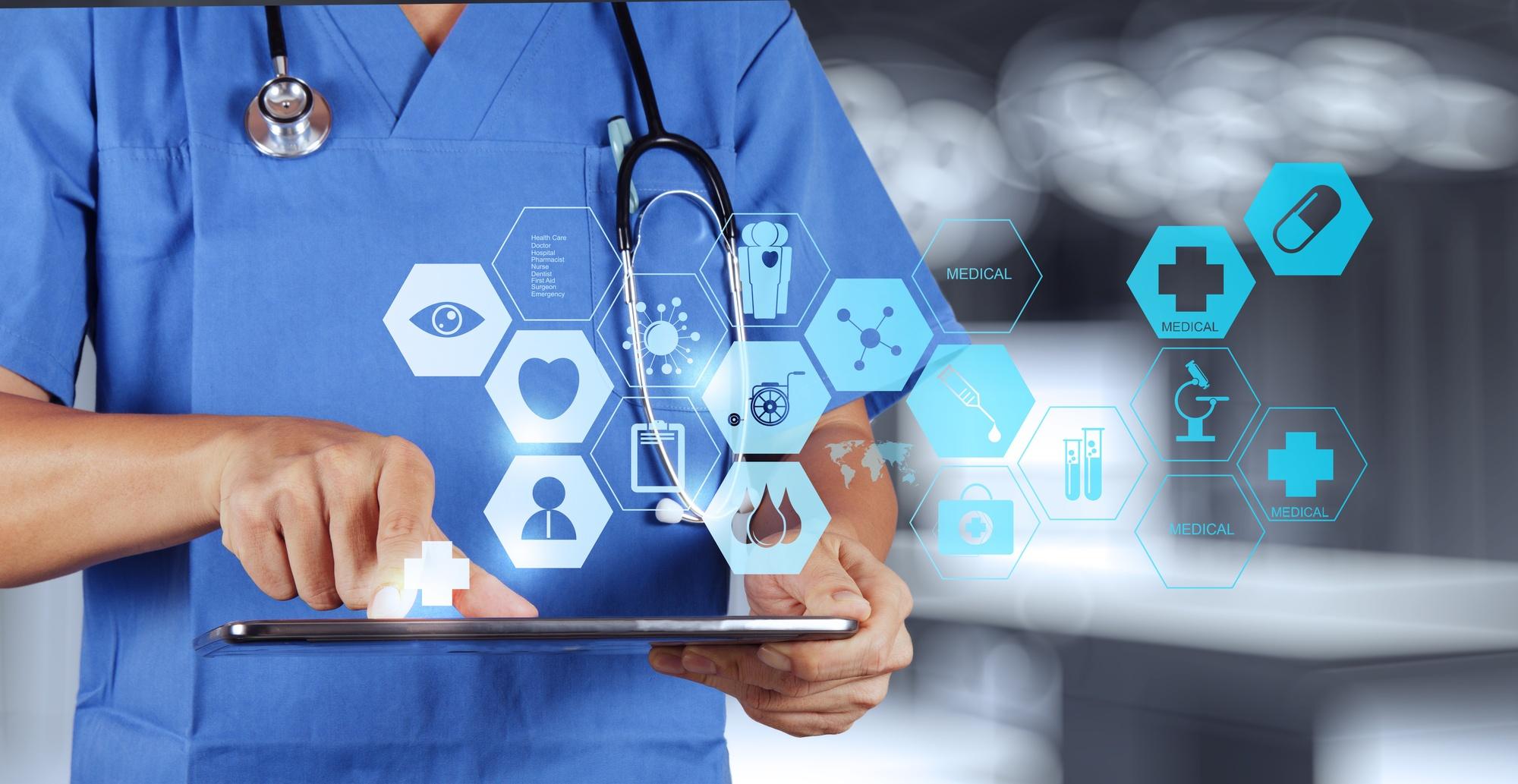Focus Shifting From Reactive To Preventive Care Delivery
Preventive Healthcare Technologies And Services Over the past few decades, the healthcare industry has predominantly focused on treating illnesses and diseases in a reactive manner. However, with the rise of chronic diseases and growing healthcare costs, the focus is now shifting towards preventive care and addressing the root causes of poor health. Technologies that enable predictive, preventive and precision care are being widely adopted across the world to help people stay healthy and mitigate future health risks.
Wearables And IoT Devices Empowering Self-Monitoring And Early Detection
Wearable fitness trackers, smartwatches and other Internet of Things (IoT) devices have made self-monitoring highly convenient and accessible. These devices continuously track critical health vitals like heart rate, blood pressure, sleep patterns and activity levels. Advanced algorithms and AI help correlate the data with potential health risks. Any deviations or anomalies could indicate an underlying condition, allowing early medical intervention. For example, an irregular heartbeat spotted through an Apple Watch ECG app may prevent a potential heart attack. Devices like glucose monitors also help diabetics better manage their condition.
Telehealth Goes Mainstream During The Pandemic
The COVID-19 pandemic accelerated the adoption of telehealth and virtual care delivery globally. It allowed people to access non-emergency medical care from the safety of their homes through video calls, remote monitoring devices and digital health apps. Several telehealth providers reported massive growth of over 1000% during the peak months. The convenience and safety offered by telehealth is expected to make it a permanent fixture in mainstream healthcare going forward. It will play a major role in enabling check-ups, health screenings, mental health services and post-op care at scale from anywhere.
Genetic Testing Unlocks Power of Preventive Healthcare Technologies and Services
Direct-to-consumer genetic testing services have made it affordable and straightforward for anyone to gain insights into their risk for hundreds of health conditions. By analyzing single nucleotide polymorphisms (SNPs) in a person's DNA, companies like 23andMe and AncestryDNA produce reports highlighting predispositions to diseases like cancers, heart conditions, diabetes and more. Armed with such information, people can take preventive measures like lifestyle changes, targeted screening, or prophylactic medications. Genomic data also allows for more precise risk prediction over traditional factors alone. As genetic databases grow larger, the power of prevention will only increase further.
Digital Therapeutics Take Aim At Behaviour Change And Chronic Disease Management
Digital therapeutics, or prescribed digital health applications, provide scientifically validated and highly personalized interventions to treat medical disorders and modify patient behaviors. A plethora of applications target conditions where lifestyle changes and adherence can make a big difference, such as diabetes, obesity, mental health issues, smoking cessation and more. By preventive healthcare technologies and services with behavioral science-backed features like gamification, social support and mobile reminders, they help people effectively adopt and sustain healthy habits for the long term. Early results indicate digital therapeutics could help reduce disease complications and healthcare costs when utilized alongside traditional treatments.
Precision Screening Tools Facilitate Early Detection Of Cancer And Other Diseases
New screening modalities powered by advanced imaging, genomics, proteomics and mobile health tools are moving disease detection much earlier. For instance, multi-cancer early detection (MCED) blood tests from companies like Grail and Freenome analyze DNA shed by tumors to identify multiple cancer types at initial pre-symptomatic stages with high accuracy. Lung cancer screening using low-dose CT scans have reduced mortality rates significantly by detecting nodules earlier. Novel screening technologies also target conditions such as heart disease, dementia, retinopathy and more to catch them before they escalate into full-blown illnesses. Early diagnosis results in better treatment outcomes and prevents disease progression.
Progress Depends On Widespread Accessibility And Behavior Change
While the potential of emerging preventive health technologies remains enormous, realizing their full benefits will require addressing some challenges. Access and affordability hurdles still exist for many populations globally. It will be crucial to make such solutions more widely available through public programs, insurance coverage expansions and innovative business models. Changing patient behaviors to proactively adopt these tools and act upon risk insights is another key factor. Concerted efforts involving medical experts, digital health companies, public health agencies and communities are needed to drive true transformation towards a preventive healthcare-centric model.
a veritable revolution in preventive healthcare technologies and services is underway with technologies that empower self-care, enable early detection and facilitate lifestyle modifications at scale. While obstacles persist, continued innovation and focus on accessibility stand to reap massive rewards through better population health outcomes and lower treatment costs worldwide in the long run. The shift from reactive to proactive, predictive and precisely-targeted care delivery holds much promise to create healthier societies.
View Insight Link @ Preventive Healthcare Technologies And Services

